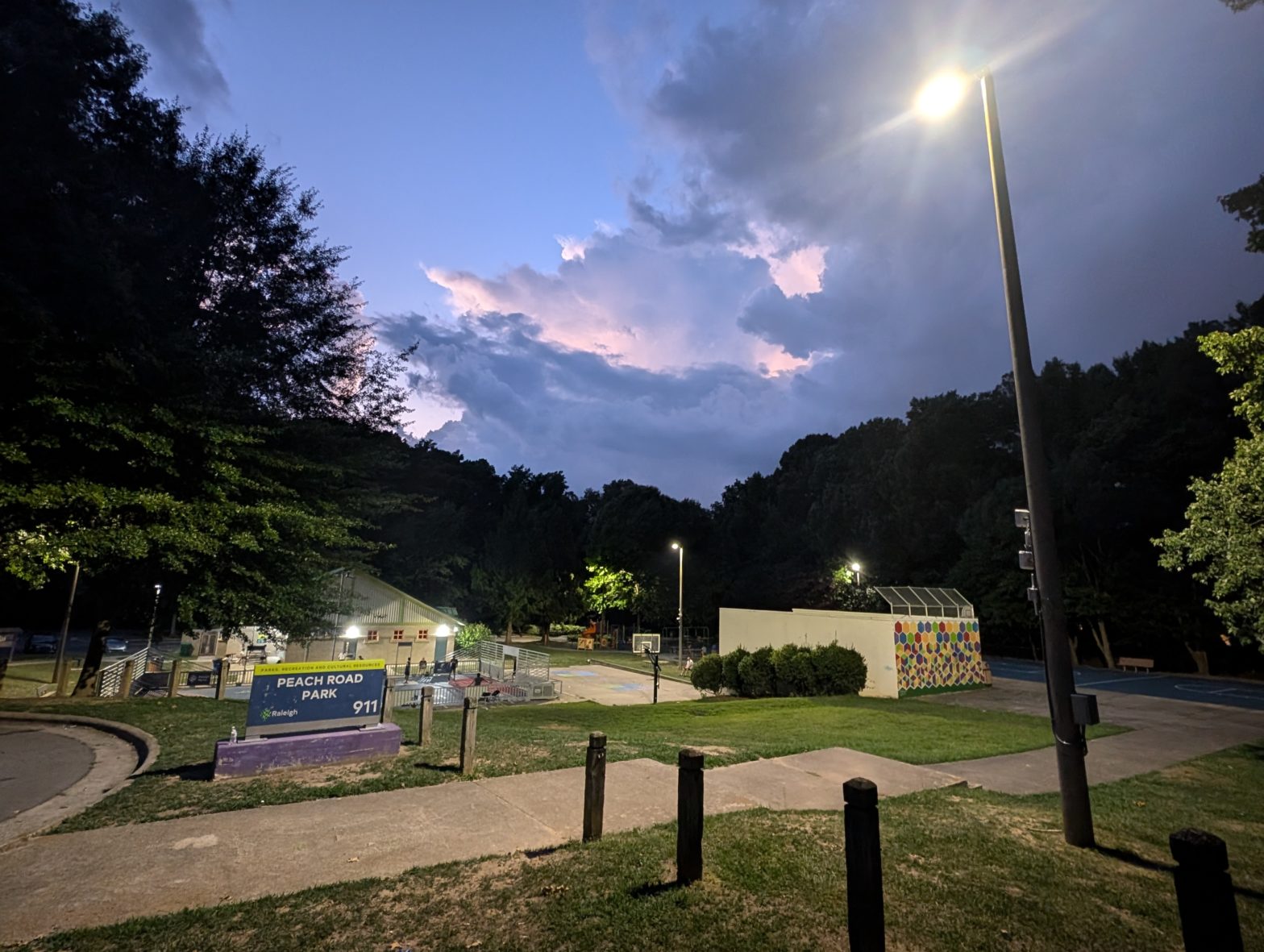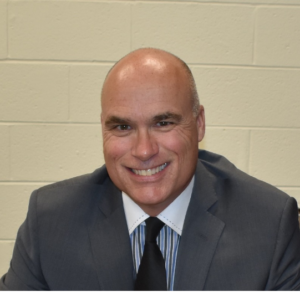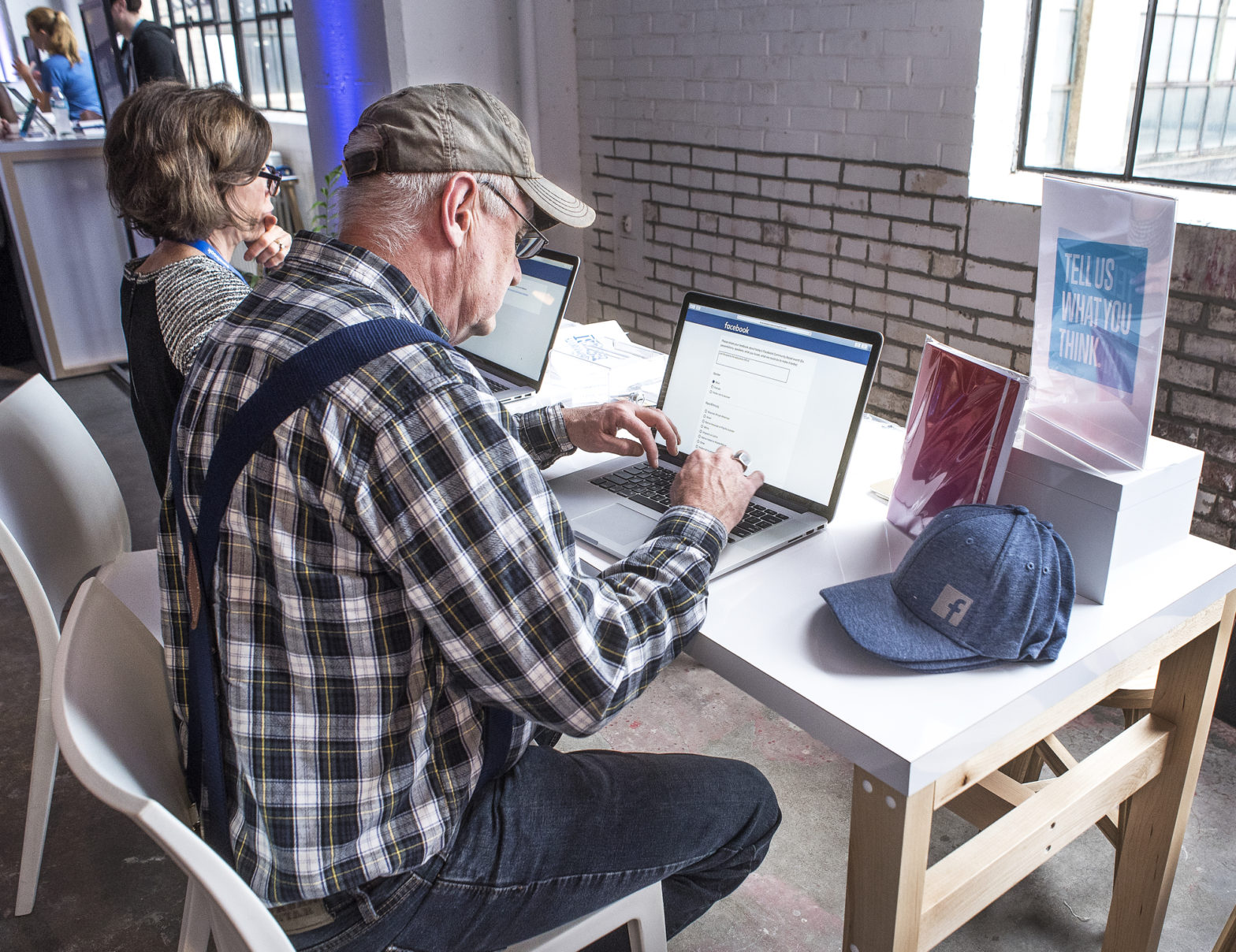
How Raleigh is providing free Wi-Fi by simply ‘changing a light bulb’
15 September 2024
by Jonathan Andrews
John Holden was only a few months into his new role as Smart City Manager in Raleigh, North Carolina when he embarked on his first project, as part of the Smart Raleigh initiative, that would establish free Wi-Fi in Peach Road Park.
Nestled in the park is the Peach Road Cultural Centre specifically designed and programmed to work with the large immigrant population. At least four languages are spoken in the neighbourhood with English being the fourth least common.
“I met the director of the cultural centre and she noted that while the centre has Wi-Fi inside the building, it didn’t outside,” Holden explains to Cities Today. “It was a good early project for me to launch my role here and to get more involved with all the different city departments, but also to set the stage for how we do these projects going forward.”
Officially launched in September 2024, the pilot project will run until March 2025. Through Signify, a lighting technology company, and other partners including T-Mobile, Cisco, and Networking for Future (NFF), four light poles provide free high-speed internet access with login forms available in English and Spanish.
Affordable internet access
More than 23 million households across the US have lost their US$30 per month subsidy for internet service as the Affordable Connectivity Programme expired. Those most impacted include low-income students, job seekers, and families.
In an effort to combat this, Signify is aiming to provide connectivity in underserved communities including with the City of Raleigh to prove how the latest technologies can help fill this gap.

“The Signify solution allows us to test-out improved energy efficiency lighting, environmental sensors and provide a valuable broadband service to our underserved community at a time when it is needed most,” says Holden.
In the month of August (before the official launch) the data has so far revealed that over 150 unique devices have connected to the free Wi-Fi – with an equal split between those accessing Spanish and English language services – and 64 people have accessed the service more than once.
“We’re seeing more and more people learn about it and use it again, particularly in the early evening when the park gets a lot of activity,” adds Holden. “One of the comments we got from a citizen was, ‘This is a nice addition to the park. The City of Raleigh has done a great job in the last few years in park improvements’. It’s often in city work that you, quite frankly, get a lot more negative comments so to receive positive comments from the public at this early stage is nice.”
New lighting
In addition to free Wi-Fi, the poles have been fitted with new lights that can be pre-programmed based on motion, the amount of natural light, time of day, and hours.
“Just in this first month we’ve seen energy savings of 17 percent and that was a little higher than I even expected,” says Holden.
The poles connect to the internet through T-Mobile’s cell service meaning underground broadband cables are not needed. And structured as a lease, if at the end of the agreement the city wants to keep the lights, it does. And if not, there are funds to remove them.
“But at that point the city owns the lights essentially, with ongoing costs only the signal from T-Mobile,” says Holden. “But that’s a citywide contract [with T-Mobile], so it’s only marginal costs going forward.”
Future potential
Users are being invited to take a survey about the service and from which Holden hopes to gather more insights to potentially tweak and roll out the service in other targeted areas including parks or the downtown of Raleigh. Although Holden notes that that would be more complicated and would require working with different owners of poles and utilities.
“This is a pretty exciting project to provide free Wi-Fi in a public area, but also to do it in a way that was relatively low-cost,” says Holden. “Basically, all we did was change a light bulb.”
Image: City of Raleigh/Signify








